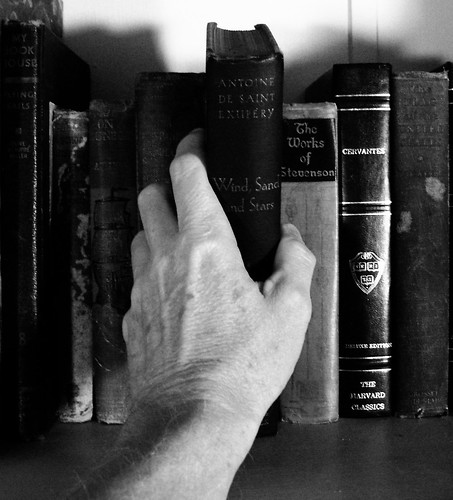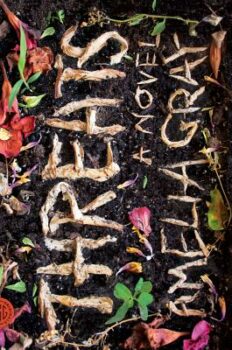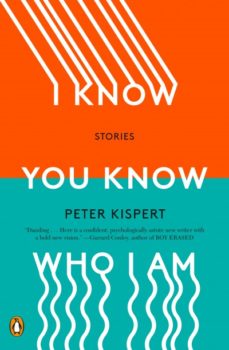This post stems from a conversation with my brother – who recently moved to Chile – about what he’d loaded onto his Kindle. As a recent college grad, with limited disposable income, he was pretty stringent in choosing the books he bought. But he’s a voracious reader. His solution: he loaded up his e-reader with a clutch of classics that have entered the public domain.
Let them read (old) books!
Though beautiful books draw my eye, the trump card for me will always be the words on the page. I love books for the story, which means I keep reading my coffee-warped copy of Blood Meridian and can’t part with that Lee K. Abbott collection that leaped into the bath. Public domain appeals to my lit-for-all ideals (of course, when the writer is long past needing the funds to fuel her work). Via GalleyCat, I found an annual list of the authors making their “debut” on COMMUNIA’s Public Domain Day (January 1). Unfortunately, according to TechDirt, even though F. Scott Fitzgerald and Leon Trotsky entered the public domain elsewhere in the world, nothing entered the public domain in the United States due to copyright extensions.
Friends, Romans, countrymen – lend me your e-books.
An added perk to my brother and his globe-trotting Kindle: books on Kindle can now be loaned. You can even arrange to share books for 14-days with strangers through GalleyCat’s Kindle Lending Discussion Board. I expect various other e-book formats will jump on this bandwagon, as this has long been voiced as one of the downsides of electronic vs. ink-and-paper books.
Libraries that download
So many public libraries around the country have digital media – from e-books to audio books to music – available for download, yours may very well be one of them. The NYPL, my local stalwart, has a great list of resources (over 30,000). libraries that have digital sharing. A quick perusal of The Chicago Public Library’s digital offerings turned up an audio version of Flannery O’Connor’s A Good Man Is Hard to Find and Other Stories and e-books ranging from Y.A. to McCarthy’s Cities of the Plain and Jane Smiley’s A Thousand Acres. Libraries have also banded together to form a consortium of digital resources, as many Ohio regional branches have done with the Digital Downloads project.
University Collections Online
Last, but not least, not everyone can afford to travel to the great library collections of the world, so many libraries are bringing them to you. Granted, you won’t be able to smell the dust on those vellum manuscripts, and no centuries-lost letters will fall out of the pages of Meriwether Lewis’ diary, but if you’re short on airfare funds, this may be the next best thing. I know The Newberry Library, where I used to work, has been scanning many of their 1.5 million books, 5 million manuscript pages and 500,000 maps, as part of a massive digitization project. You can find some of those scanned items, here. About a month ago, Harvard’s Berkman Center announced a digital public library planning initiative. Libraries around the country have long recognized the trend toward digital formats, and I’m guessing the next decade will hold some exciting changes as they rise to the challenge.
My only question: if you drop a Kindle in the bath, can it still be salvaged with a hair dryer?






